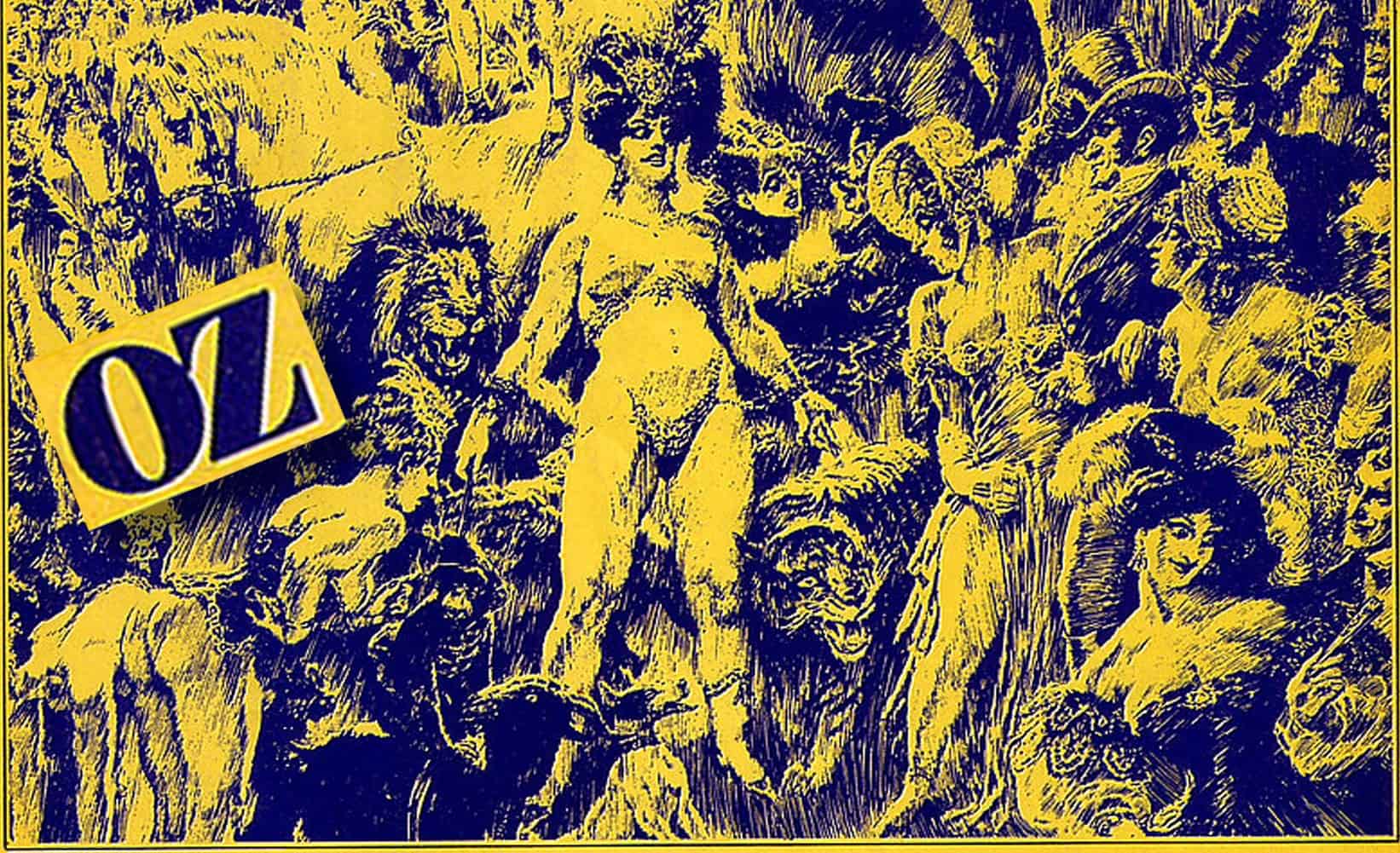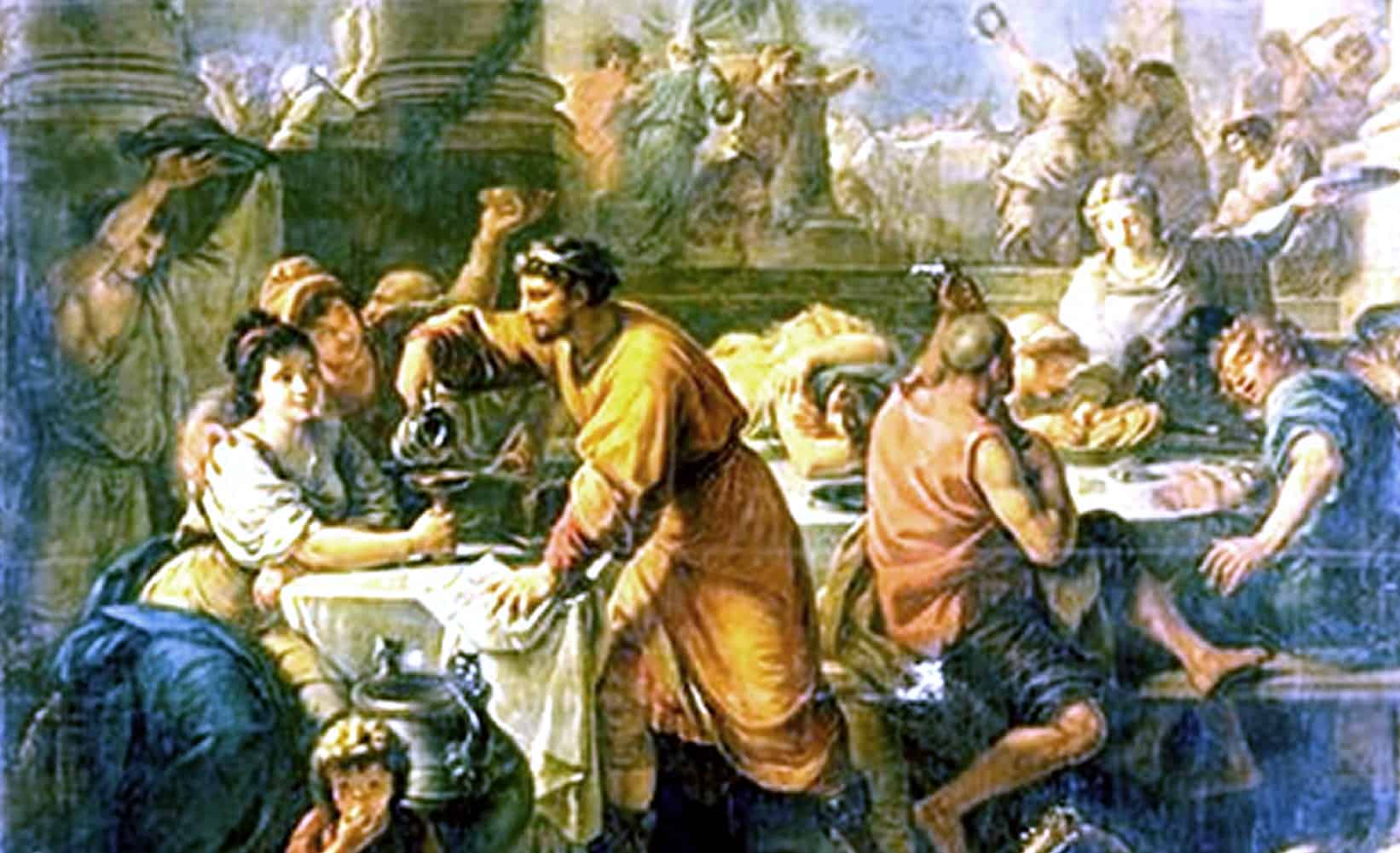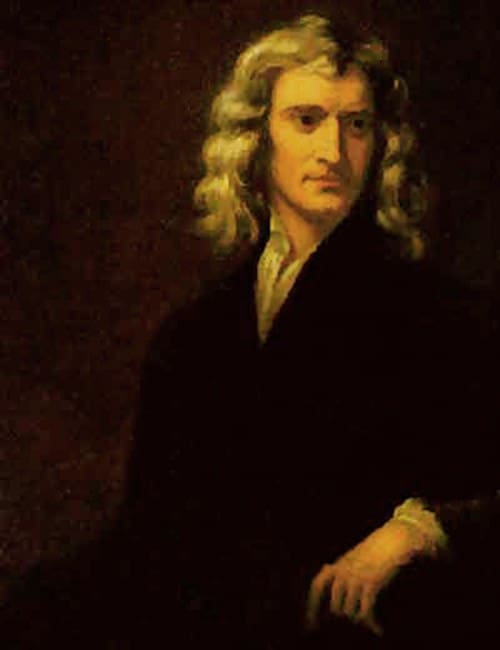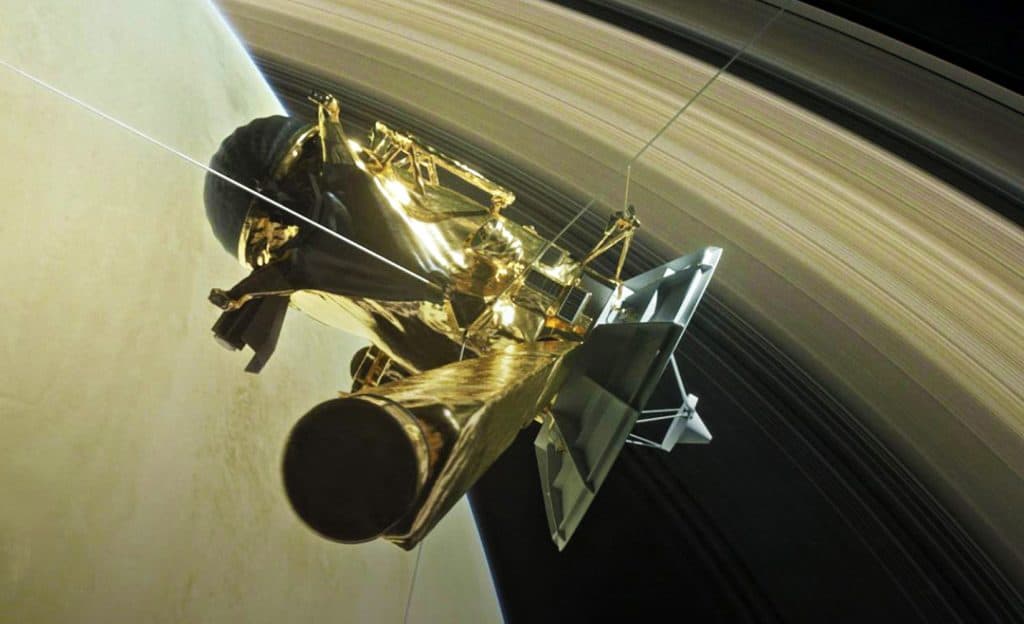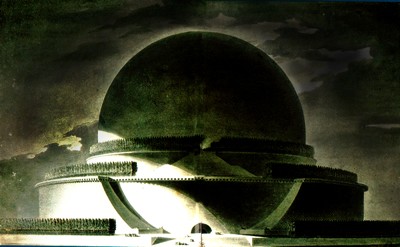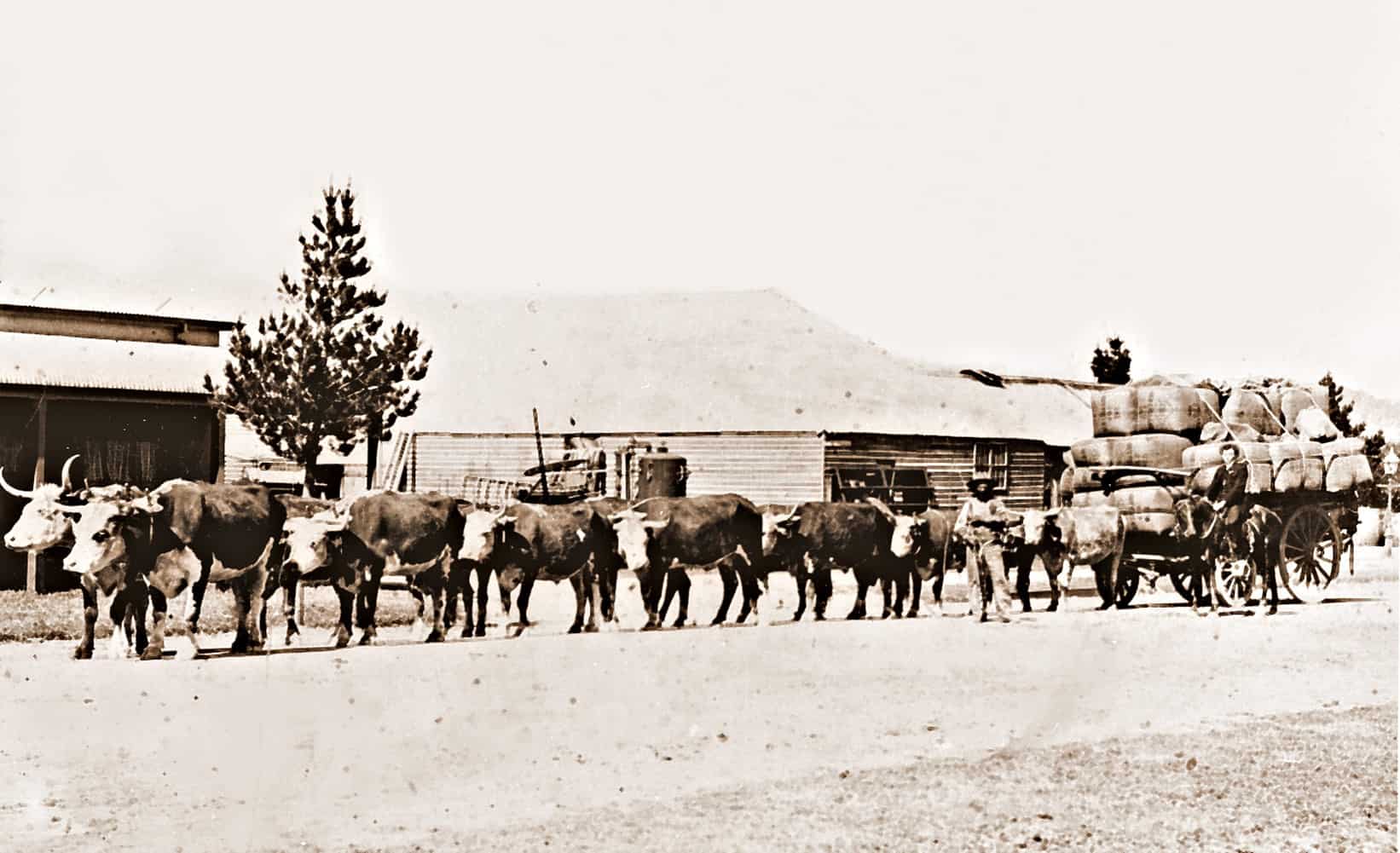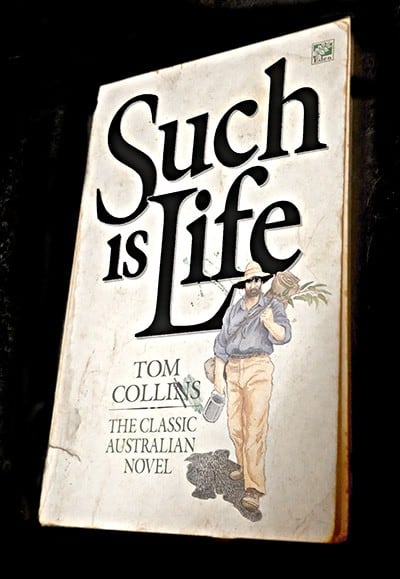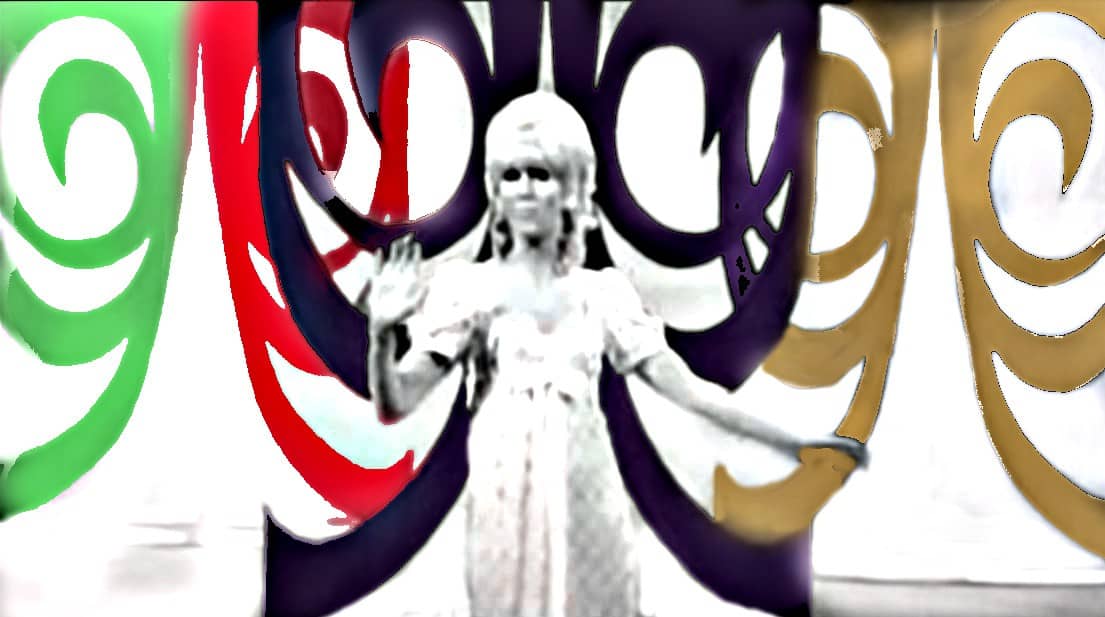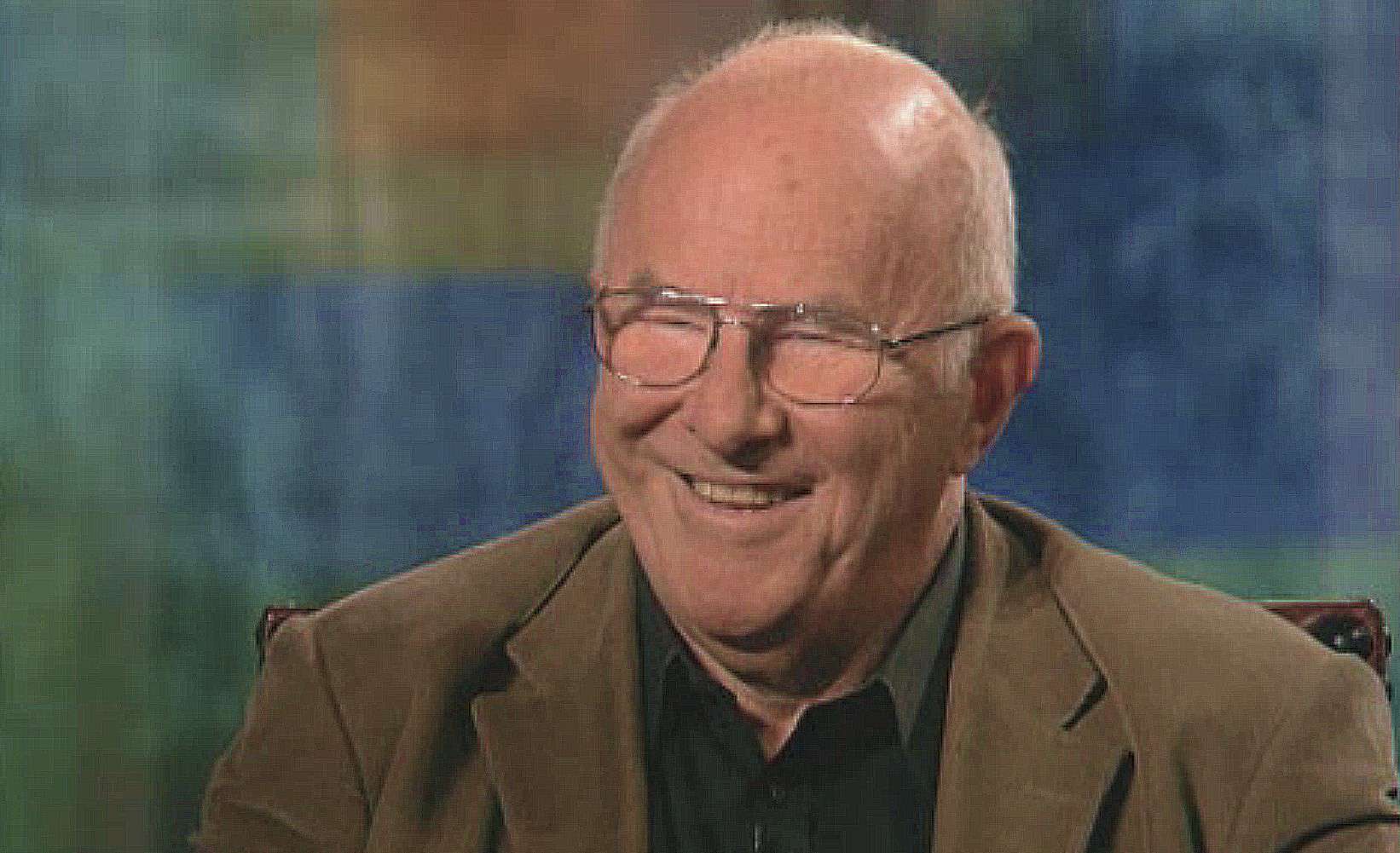A Man’s A Man For A’ That
Is there for honest Poverty
That hings his head, an’ a’ that;
The coward slave – we pass him by,
We dare be poor for a’ that!
For a’ that, an’ a’ that.
Our toils obscure an’ a’ that,
The rank is but the guinea’s stamp,
The Man’s the gowd for a’ that.
What though on hamely fare we dine,
Wear hoddin grey, an’ a that;
Gie fools their silks, and knaves their wine;
A Man’s a Man for a’ that:
For a’ that, and a’ that,
Their tinsel show, an’ a’ that;
The honest man, tho’ e’er sae poor,
Is king o’ men for a’ that.
Ye see yon birkie, ca’d a lord,
Wha struts, an’ stares, an’ a’ that;
Tho’ hundreds worship at his word,
He’s but a coof for a’ that:
For a’ that, an’ a’ that,
His ribband, star, an’ a’ that:
The man o’ independent mind
He looks an’ laughs at a’ that.
A prince can mak a belted knight,
A marquis, duke, an’ a’ that;
But an honest man’s abon his might,
Gude faith, he maunna fa’ that!
For a’ that, an’ a’ that,
Their dignities an’ a’ that;
The pith o’ sense, an’ pride o’ worth,
Are higher rank than a’ that.
Then let us pray that come it may,
(As come it will for a’ that,)
That Sense and Worth, o’er a’ the earth,
Shall bear the gree, an’ a’ that.
For a’ that, an’ a’ that,
It’s coming yet for a’ that,
That Man to Man, the world o’er,
Shall brothers be for a’ that.
So Burns was part of the struggle for equality and rights and democracy, the Scottish Enlightenment. “A piece of defiant uppityness such as ‘A Man’s A Man’ could get a man hanged, or transported to a life of hard labour in Australia. Burns had seen this happen to free thinkers like Thomas Muir,” says the BBC.
A-hah! Had “A Man’s A Man” (or more correctly, “Is there for honest Poverty”) not been as overwhelmingly successful as it was, Burns himself could have been transported to Botany Bay, as fellow Scots Thomas Muir, Thomas Palmer and William Skirving were in 1794. Muir escaped in 1796 on an American ship which had been sent to rescue him. He fled to France, still in the midst of its Revolution.
America had only recently won its own independence from Britain. In France Muir worked with the famous Thomas Paine who agitated for American Independence. Paine famously wrote Common Sense and The Rights of Man – a guide to the ideas of the Enlightenment. (Muir had been a student of John Millar, Scottish philosopher and historian and author of The Origin of the Distinction of Ranks; or, An Inquiry into the Circumstances which give rise to Influence and Authority in the Different Members of Society [1771]).
It is extraordinary to realise with what sacrifice, and courage, and how recently, people fought – and often died – for ideals which now seem so obvious and which we take for granted, and the ferocity with which the establishment opposed those ideals.
It is also salutary to note the patience with which corporations, religious zealots and governments are winding back these obvious rights and freedoms.
And it is important to understand the central role that writers played in gaining those rights and will continue to play in protecting them.
PS: If you would like to see what Andrew O’Hagan’s writing space looks like, you can visit the amazing Writers’ Rooms section at the Guardian. Other authors include Raymond Briggs (The Elephant and the Bad Baby), Caryl Phillips, Andrew Motion, Martin Amis, Alan Sillitoe, Margaret Drabble, John Mortimer, Will Self, Antonia Fraser, David Hare, Michael Frayn, and on and on — the list is much longer than this.


